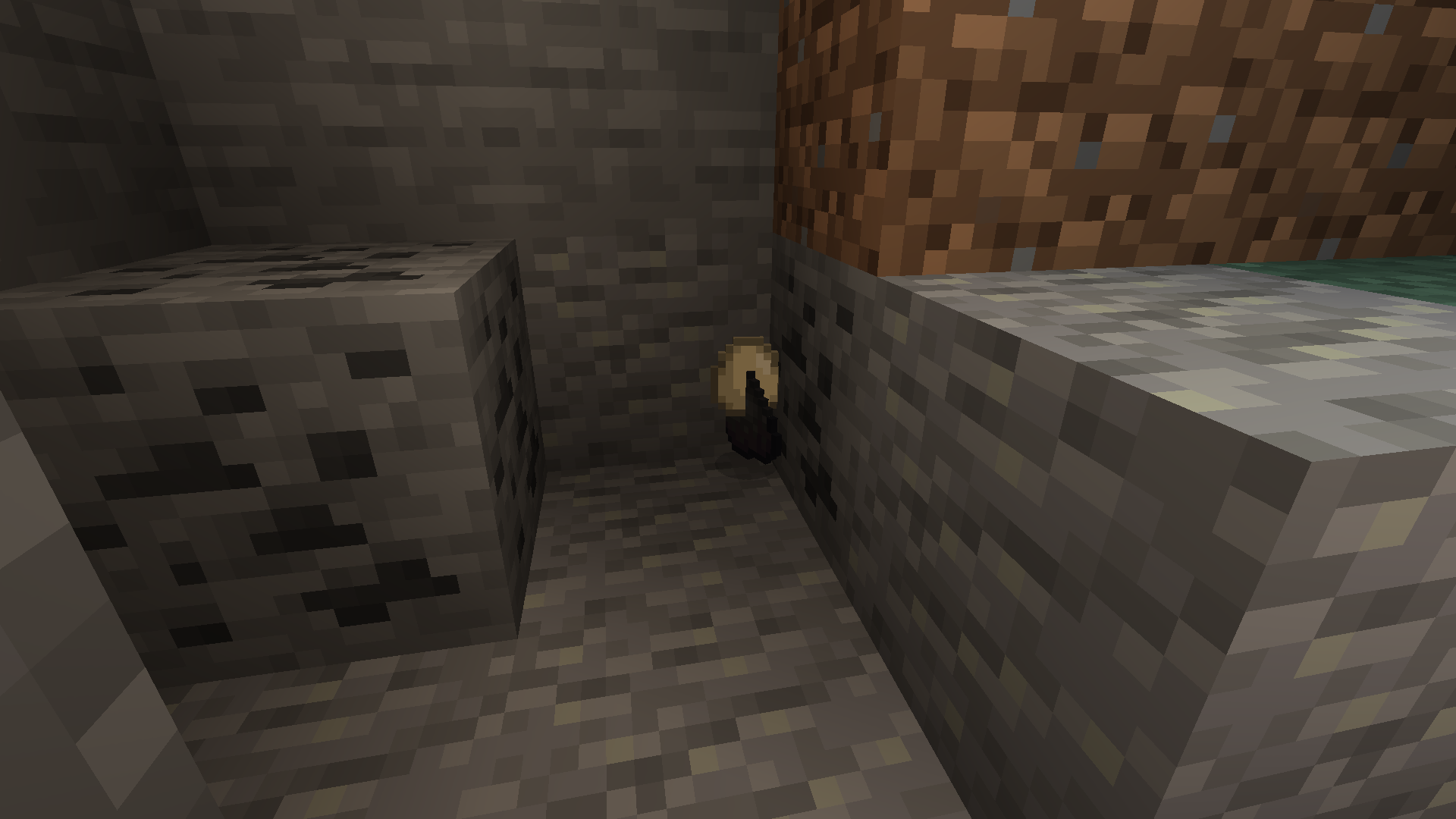Table of Contents
Adding items to existing loot tables
Introduction
Sometimes you want to add items to loot tables, for example adding your own drops to a vanilla block or entity. The simplest solution, replacing the loot table file, can break other mods – what if they want to change them as well? We’ll take a look at how you can add items to loot tables without overriding the table.
Our example will be adding eggs to the coal ore loot table.
Listening to loot table loading
Fabric API has an event that’s fired when loot tables are loaded, LootTableEvents.MODIFY. You can register an event listener for it in your initializer. Let’s also check that the current loot table is the coal ore loot table.
// No magic constants! private static final Identifier COAL_ORE_LOOT_TABLE_ID = Blocks.COAL_ORE.getLootTableId(); // Actual code LootTableEvents.MODIFY.register((resourceManager, lootManager, id, tableBuilder, source) -> { // Let's only modify built-in loot tables and leave data pack loot tables untouched by checking the source. // We also check that the loot table ID is equal to the ID we want. if (source.isBuiltin() && COAL_ORE_LOOT_TABLE_ID.equals(id)) { // Our code will go here } });
Adding items to the table
In loot tables, items are stored in loot pool entries, and entries are stored in loot pools. To add an item, we’ll need to add a pool with an item entry to the loot table.
We can make a pool with LootPool$Builder, and add it to the loot table:
LootTableEvents.MODIFY.register((resourceManager, lootManager, id, tableBuilder, source) -> { if (source.isBuiltin() && COAL_ORE_LOOT_TABLE_ID.equals(id)) { LootPool.Builder poolBuilder = LootPool.builder(); tableBuilder.pool(poolBuilder); } });Our pool doesn’t have any items yet, so we’ll make an item entry and add it to the pool, and we're done:
LootTableEvents.MODIFY.register((resourceManager, lootManager, id, tableBuilder, source) -> { if (source.isBuiltin() && COAL_ORE_LOOT_TABLE_ID.equals(id)) { LootPool.Builder poolBuilder = LootPool.builder() .with(ItemEntry.builder(Items.EGG)); tableBuilder.pool(poolBuilder); } });

